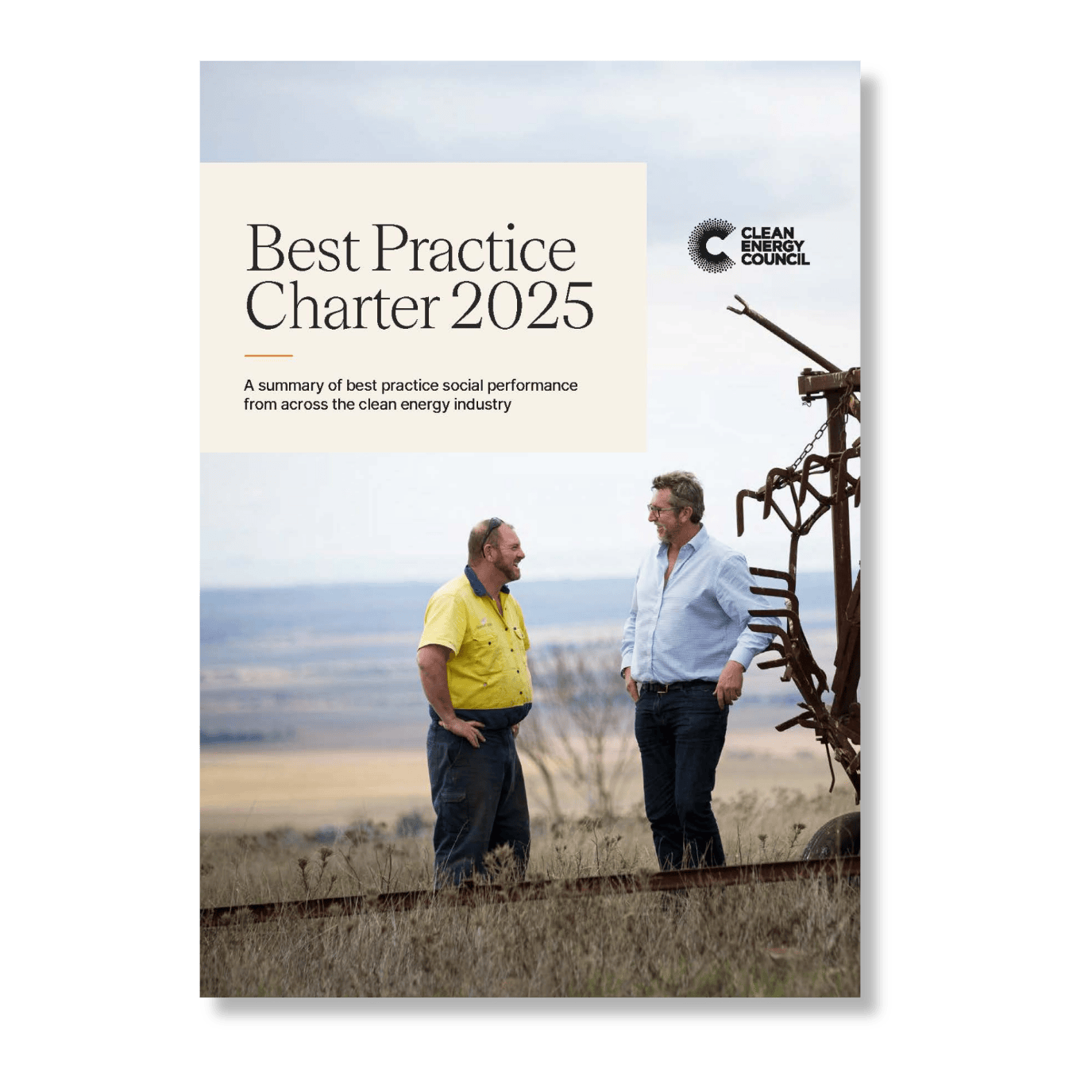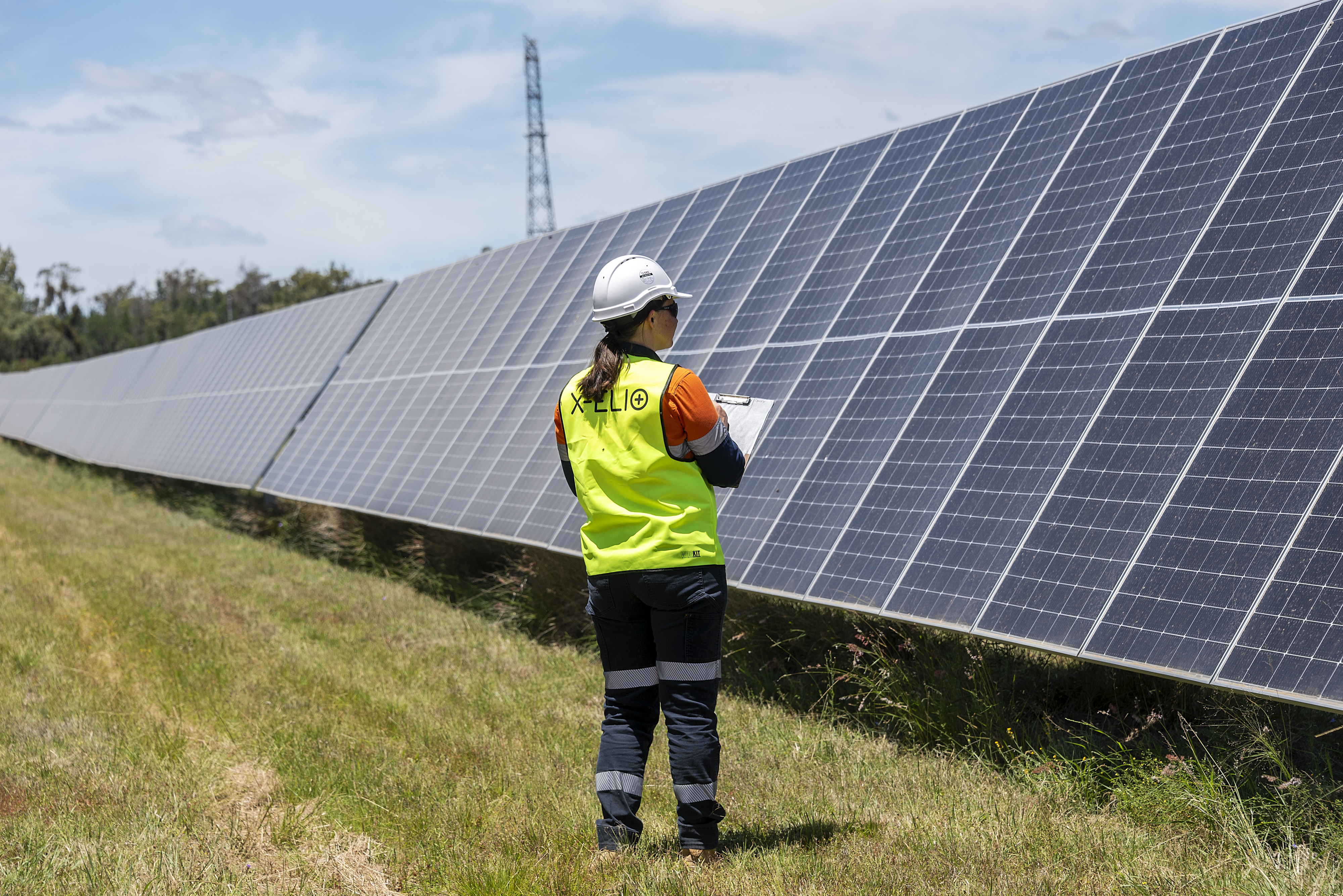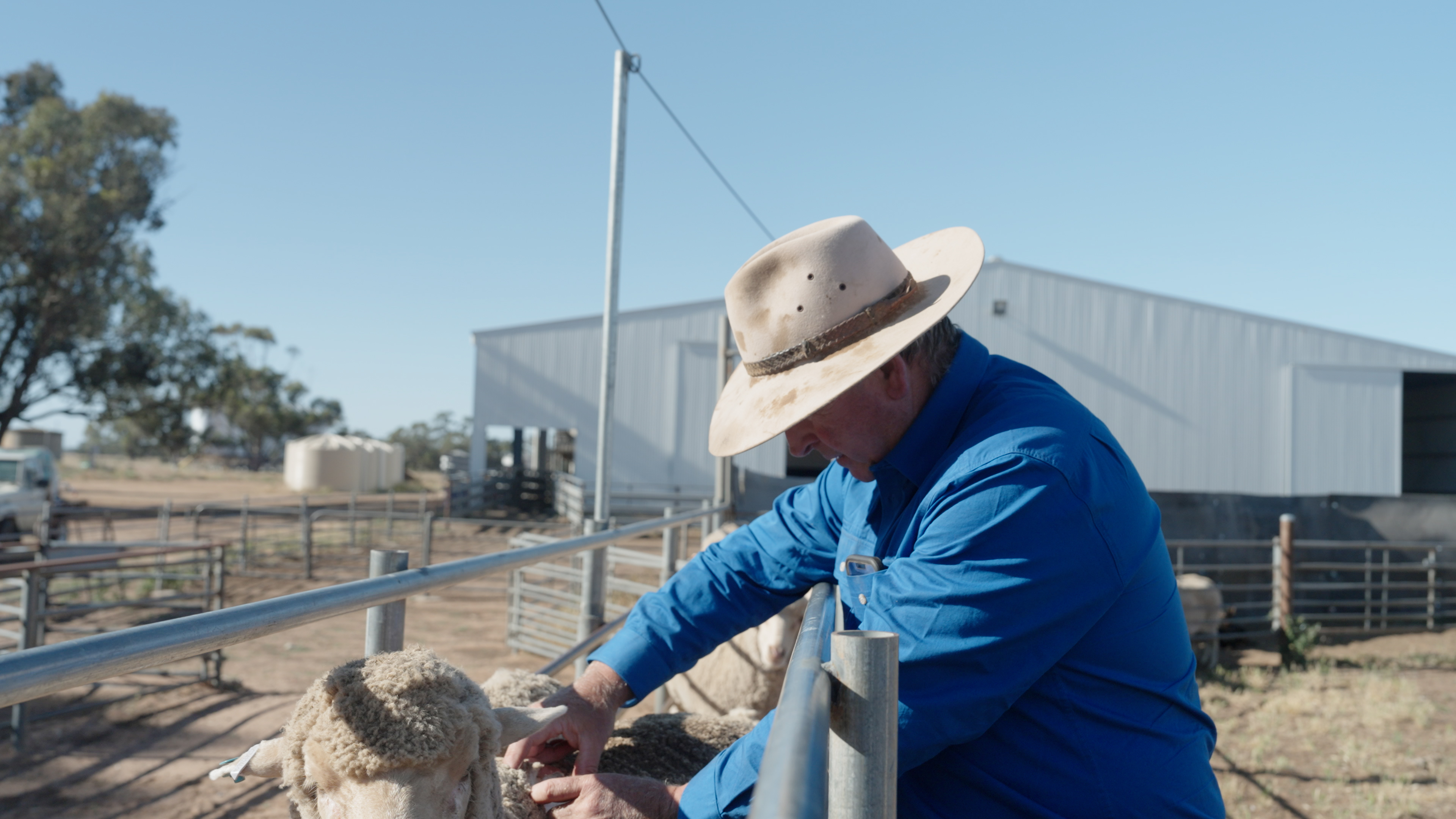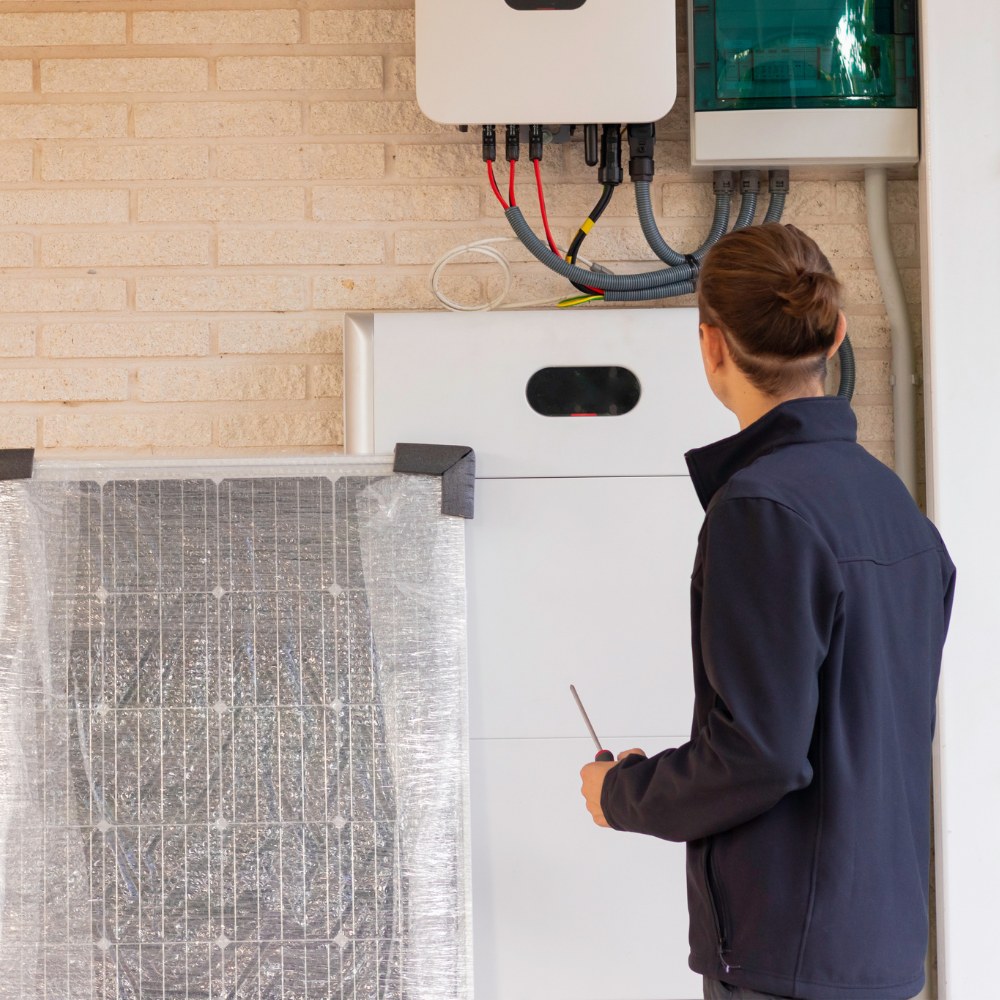Clean energy projects are helping to revitalise regional Australia.
The Best Practice Charter signatory reports for 2025 contain more than 400 examples of how renewable energy developments are delivering for local communities, Traditional Owners, landholders and the environment.
Whether it’s co-designing benefit-sharing funds with local councils, supporting First Nations equity partnerships, integrating agriculture and solar, or ensuring worker accommodation doesn’t strain local housing, the reports show what’s possible when regional communities and clean energy developers partner together to build lasting change.
A summary of the leading examples from the reports shows that industry is continuing to raise the bar for development on-the-ground in regional Australia.
If you work in the industry, understand how you can improve your projects with emerging practices and innovation or, if you live near a planned clean energy project, discover what’s happening in other regions and the opportunities for your community.

View case studies by location
Click the dots on our Clean energy benefits and contributions map to learn more about the clean energy projects that feature in our Best Practice Charter 2025 Summary and how they’re contributing to communities across the country.
View case studies across key themes
Download the summary report or scroll down the page for examples of how renewable energy developments are delivering for local communities, Traditional Owners, landholders and the environment across the country.
Benefit sharing with landowners and communities
Best Practice Charter signatories are committed to offering shared benefits in consultation with local communities.
The 2025 reports show that developers are moving well beyond symbolic gestures — with many now committing to long-term, structured, and locally guided benefit-sharing programs.
Delivering jobs and economic growth
Best Practice Charter signatories are committed to supporting local economies by providing local employment and procurement opportunities and supporting educational and tourism opportunities where appropriate.
Across the 2025 submissions, developers consistently emphasised their commitment to hiring locally, upskilling local residents, and investing in long-term workforce development. Local procurement is now a strategic pillar of project planning, with many developers embedding it into contractor agreements and broader regional development goals.
Supporting agriculture
Best Practice Charter signatories are committed to minimising impacts on quality agricultural land and exploring opportunities to integrate agricultural production. The 2025 submissions reveal a range of thoughtful, locally adapted approaches that support both energy generation and agricultural productivity on the same land.
Working with First Nations communities and Traditional Owners
Best Practice Charter signatories are committed to consulting with the local community, including Traditional Owners of the land and to being sensitive around areas of high cultural and landscape value. The 2025 reports show engagement is increasingly embedded in project lifecycles—from early planning to construction and operation—and framed around principles of respect, consent, shared value, and cultural recognition.
Alongside the Best Practice Charter, we have developed an online course to guide the renewable energy industry in embedding leading engagement and benefit sharing practices with First Nations peoples. Find out more about our Leading Practice: First Nations engagement course.
Minimising environmental impacts
Best Practice Charter signatories are committed to sensitive development around areas of high biodiversity, cultural and landscape value and responsible land stewardship over the lifetime of the project including waste recycling and decommissioning. The 2025 reports demonstrate a more deliberate, science-informed, and locally sensitive approach to managing environmental impacts across construction and operations.
Find out more about our Decommissioning Security Framework for Renewable Energy Projects to establish a nationally consistent assurance model for clean energy developments.
Engaging local communities
Best Practice Charter signatories are committed to engaging respectfully with local communities, providing timely information, consulting on impacts and addressing concerns. The 2025 reports show a growing adoption of tailored, localised, and multi-channel community engagement, ranging from early-stage consultation to long-term, place-based partnership models.
Alongside the Best Practice Charter, we have developed a free online course to guide the renewable energy industry in engaging meaningfully with local communities, addressing concerns and fostering social license for projects. Find out more about our Social license leading practice course.
2025 reports from all signatories

“This year’s reporting against the charter provides not only evidence of progress but also a blueprint for what’s possible when industry lifts the bar together.”
Not yet a member?







